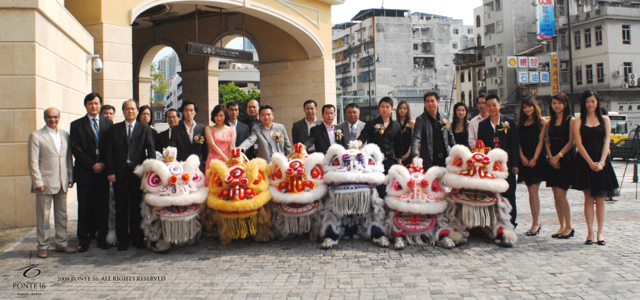
Now hear this: there is no end in sight to the current market rally. VIP revenues are growing strongly and fairly predictably, driven by cashed-up junkets. Policymaking across the border seems favorable toward Macau. Investment is continuing apace on Cotai and the concessionaires are all jockeying for land there in a prime position. What could possibly go wrong?
That is really the most important question to be considering. It’s not a matter of when, but how. How will revenues start to slow? How will the seemingly never-ending climb start to taper off?
The most obvious answer is that a slowdown will come once the junkets start running out of money to provide as credit to players, and once the players themselves start worrying about asset values in their portfolios due to macroeconomic uncertainty, rather than political uncertainty, in China. Which means all we need to do is watch for signs of trouble on the mainland, right?
But what if it’s more complicated than that? And what if the danger signs could, in fact, be lurking right under our noses in Macau?
We’re not saying this is the time to be chewing nails over an imminent slowdown in revenues. What we are saying is that there are systemic risks worth examining in detail on the way up, so that they can be better understood on the way down, when that moment inevitably comes.
The most important of these, the risk that outweighs all others, is the financial management of the junkets. We understand the argument that “The King is dead, long live the King” in explaining how it’s not about individuals: people like Ng Wai can look immortal one minute as a consolidator and the next minute can be cut out of the food chain if they cannot keep the cash coming to sub-junkets. We get that the junkets are backed by societies that have withstood the tests of time in China’s turbulent history and are stronger than most Anglo-Saxon banks could ever hope to be in their own right. What we don’t buy is the idea that they are not susceptible to the same temptations that Lehman Brothers was before the global financial crisis erupted. We would have to believe that when money is so cheap and in such abundant supply, corners are starting to be cut by those managing these apparently ever-growing piles of cash as they contemplate retiring to a superyacht, and riskier bets are starting to be placed on outcomes that seem now to be guaranteed but could accelerate the downturn when it comes.
Moreover, we understand that these financial mavericks – companies with a magical ability to manage cross-border flows of money in a country with a closed currency – are being egged on in their endeavors by concessionaires who are only too happy to provide them with credit in return for their business as they jostle themselves to show Wall Street who’s the cleverest of them all. Are these concessionaires taking similarly outsized risks?
Enough said, for now. Stay tuned.
Used with permission & copyright to InteMacau Photo to Ponte 16





















